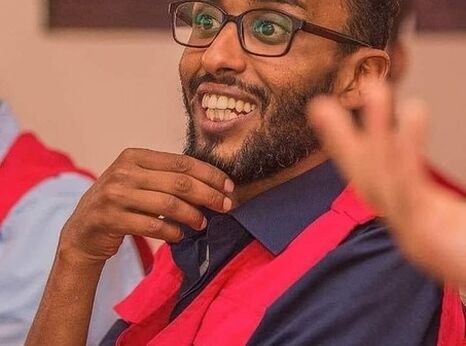Libya: Activist missing after seizure by armed men

Since 2014, Libya has been divided between two entities and parallel institutions competing for legitimacy and territorial control. As part of a UN mediated process, 75 members of the Libyan Political Dialogue Forum (LPDF) agreed on a roadmap to bring an end to the political crisis and appointed a Government of National Unity (GNU) in March 2021 tasked with preparing for presidential and parliamentary elections on 24 December 2021. Since then, the GNU has been struggling to exercise effective control over Libyan territory, as armed groups continue to control large swathes of Libyan territory and political divisions persisted. The political crisis deepened after the GNU faced a contentious and widely criticized vote of no-confidence by the House of Representatives (HoR), Libya’s parliament, on 21 September 2021. Several parliamentarians said that they voted against the motion of no-confidence and challenged the tally reported by media as forged. Some municipalities, particularly in the west, publicly denounced the vote. Prime Minister Abdelhamid Al-Debiba also rejected the motion and called for protests in support of the GNU, as hundreds took to the streets in protests in cities in western Libya. Following the vote, the United Nations Support Mission in Libya confirmed that the GNU remained the legitimate government and called on the HoR to focus on the preparation of the constitutional and legislative framework for the 24 December 2021 elections.
On 9 September 2021, Abdullah Belhaiq, the spokesperson for HoR, publicly announced that the HoR passed the presidential elections law. On 4 October, he further announced that the HoR passed the parliamentary elections law. A number of parliamentarians and other politicians and officials claimed that both laws were invalid, citing the absence of a parliamentary vote, other procedural irregularities and violations of the roadmap endorsed by the LPDF.
Khalifa Haftar leads the Libyan Arab Armed Forces (LAAF), an armed group which exercises effective control over large swaths of eastern and southern Libya, either directly or through allied armed groups. On 22 September 2021, Khalifa Haftar named Abdulrazek al-Nadoori as Commander of the LAAF temporarily until 24 December 2021. According to an article of the aforementioned presidential elections law, all presidential candidates must vacate their official or military posts three months ahead of the elections. Khalifa Heftar was appointed to the then newly created position of Commander of the LAAF in March 2015 by the HoR.
Armed groups and militias across Libya have been subjecting activists and human rights defenders to attacks including abductions and other unlawful deprivation of liberty, assassinations, surveillance, death threats and other intimidation. For instance, lawyer and activist Hanan al-Barasi was shot dead on 10 November 2020 in broad daylight in the street in Bengahzi, after she denounced corruption by the LAAF and criticized one of Khalifa Hafter's sons. In 2021, several activists told Amnesty International that they were threatened by members of various militias and armed groups affiliated with either the GNU or the LAAF,due to their activism in connection to the scheduled elections. On 26 September 2021, unknown armed men abducted Emad al-Harati, head of the National Youth League, from his Tripoli office. He had publicly called for protests in support of holding the elections as scheduled on the day of his abduction, as well as three days prior.
Amnesty International documented abductions between 2019 and 2021 by armed groups affiliated with the LAAF of residents of Ajadabiya and surrounding areas from the Magharba tribe, over their perceived affiliation to and support of Ibrahim Jadran, former leader of the Petroleum Facilities Guard, an armed group at odds with the LAAF. Former detainees told Amnesty International that they were subjected to torture and other ill-treatment, while in custody. According to Ajdabiya residents, in June 2021, armed men confiscated copies of a local newspaper that included a story on the abduction of Mansour Atti from various distribution places in the city.